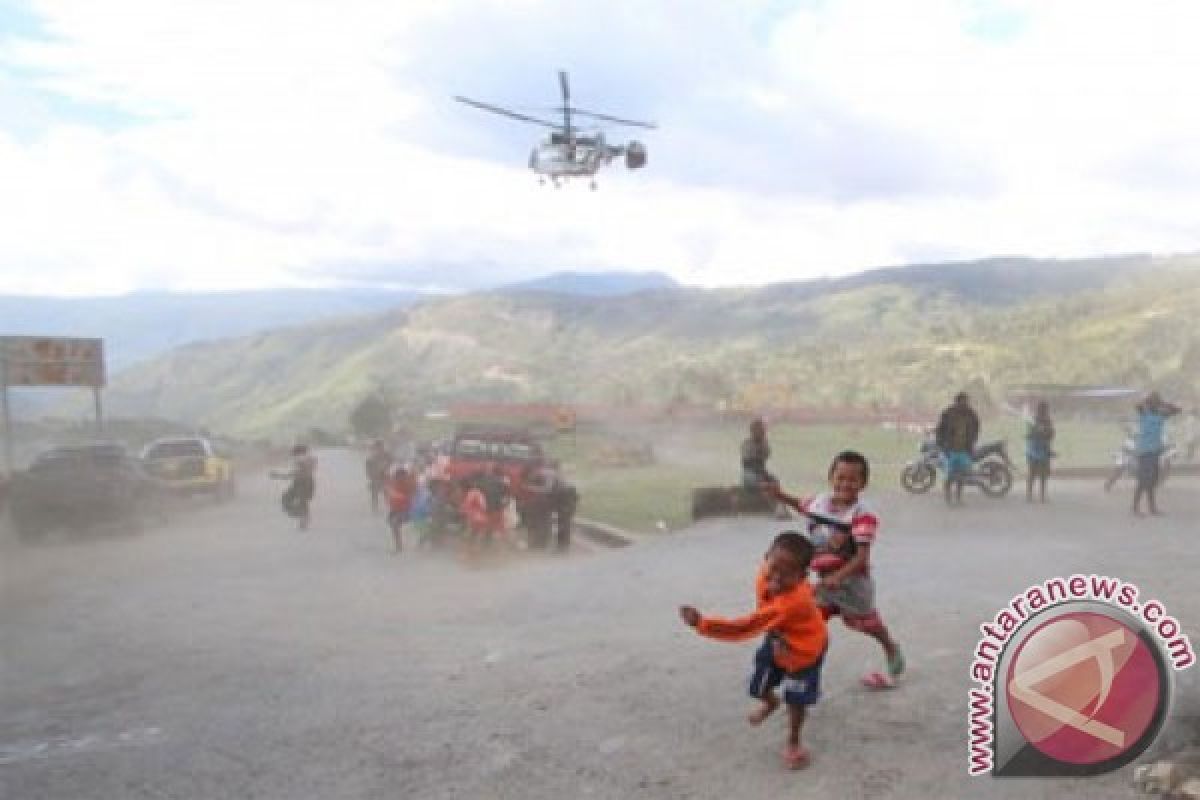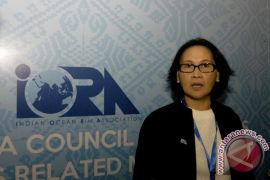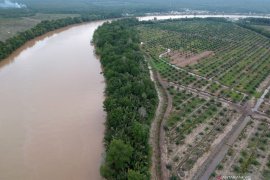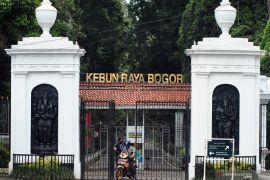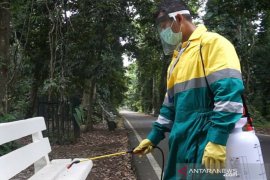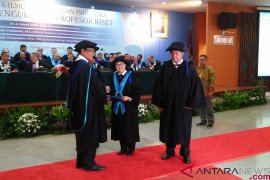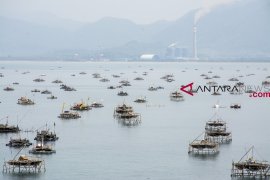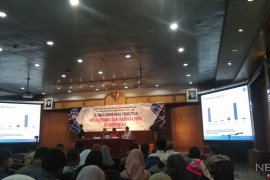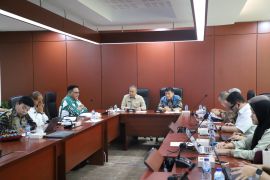Land transportation facility is very limited to the urban areas."Jakarta (ANTARA News) - The government needs to hold talks with the Papuan community to make them understand that infrastructure development to boost connectivity in the region is solely intended to improve their livelihood.
In a bid to make Indonesia a great nation, with all regions being able to enjoy common progress, prosperity, and welfare, the government is committed to developing the provinces of Papua and West Papua to bring them at par with other provinces in the country.
Although various forms of infrastructure have been developed in Papua and West Papua, their number remains far from adequate.
Therefore, the government has continued to increase budget allocations for connectivity and infrastructure development in Papua and West Papua to put the progress, prosperity, and welfare of the two provinces on an equal footing with other regions in the country.
However, Adriana Elisabeth, the Papua Study Team Coordinator at the Indonesian Institute of Sciences (LIPI), remarked that the government needs to approach the Papuan community and communicate with them over improving the connectivity there.
"The government should approach them and communicate the issue of infrastructure development and connectivity with them. Otherwise, it is feared that they would reject the development, and consequently, they would be accused of being anti-government," Elisabeth remarked in Jakarta on Monday.
Moreover, she noted that Papua was a conflict-prone region, with several remote villages that were yet to be connected through means of land transportation.
Elisabeth stated that infrastructure development and connectivity in Papua and West Papua should not raise suspicions among members of the local community that it was solely intended to benefit Jakarta.
"The approach needs to be taken to avoid raising suspicions among Papuans over the construction of roads in the interior areas. The local people need to be provided a clear understanding that connectivity is intended to boost the economy of Papua and West Papua," she affirmed.
According to Elisabeth, the Papuan people must be convinced that if connectivity improved, more investors would come to invest in Papua and West Papua, and the results would be experienced and enjoyed by them.
President Joko Widodo (Jokowi) has affirmed that the improvement in connectivity and land transport infrastructure development in Papua and West Papua was aimed at boosting economic growth and welfare of the local communities.
During a visit to West Papua on December 31, 2015, the head of state noted that all districts and cities in Papua and West Papua will be connected through land transport by 2018.
According to Jokowi, the government will, in stages, construct mass transportation infrastructure across the country, and everybody must help to make the projects a success.
Railways are considered to be the most economical and efficient means to solving the transportation problems in Papua and West Papua, where the local people have, for several years, relied on sea and air transport.
Therefore, they currently need means of land transportation, such as train services to travel from one district to another.
In light of this, the people of Papua and West Papua have expressed hope that the plan to build a railway system there would be implemented immediately.
Karlos Dorowe, a West Papua youth leader, remarked in Sorong recently that the railway project could be realized during the administration of President Jokowi and Vice President M. Jusuf Kalla.
"We hope the railway line, which has been planned since a long time, would be realized during the present government of President Jokowi and Vice President Kalla," Dorowe stated.
He noted that the local community had long awaited the implementation of the railway project.
Dorowe affirmed that railways offered the right solution to the transportation problems in Papua and West Papua, which had so far relied solely on sea and air transport that were much more expensive, and only a few people from the high-income group were able to afford air transport.
"Land transportation facility is very limited to the urban areas. There are no roads connecting one district to another in the province," he pointed out.
He stated that the local people strongly supported the governments plan to build a rail transport facility to link Sorong in the western end to the West Papua provincial city of Manokwari.
According to Dorowe, the railway transport facility would help to boost the provinces economy.
"We are confident that both President Jokowi and Vice President Kalla would pay special attention to the development in West Papua," he affirmed.
West Papua Transportation and Communication Department spokesman Bambang Heriawan Soesanto said in Manokwari early in December 2015 that the master plan of a railway project in the province was expected to be completed immediately.
"The railway system should be available soon as this program is important for large-scale economic development in West Papua," Soesanto remarked.
He stated that the consulting and technical teams from the West Papua Department of Transportation and Communication had been on the field to survey, assess, and seek inputs on the districts and cities that will be covered by the railway network.
Soesanto stated that the construction of a railway network in West Papua is a great program with a long-term vision.
He believes that the existence of a railway network in West Papua will be able to improve effectiveness and efficiency in the distribution of mining, agricultural, and plantation commodities to support the regional economy.
"With the existence of a railway network, oil, gas, minerals, coal, and agricultural and other natural resources can be distributed more quickly and at relatively low costs," he pointed out.
He expressed hope that the people and all public elements in the area would support the railway network, which had been launched by the central government.
(T.O001/INE/KR-BSR/F001)
Reporter: Otniel Tamindael
Editor: Priyambodo RH
Copyright © ANTARA 2016
